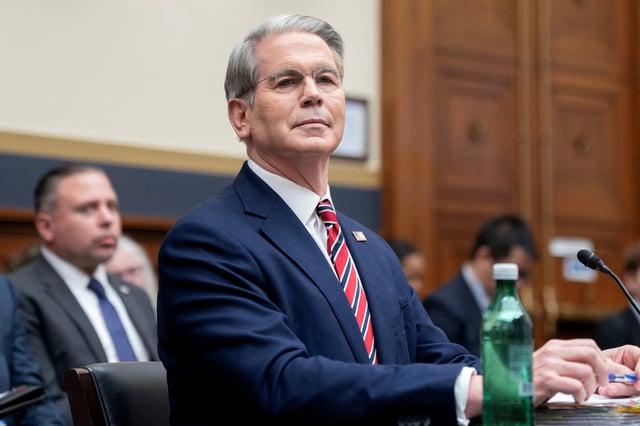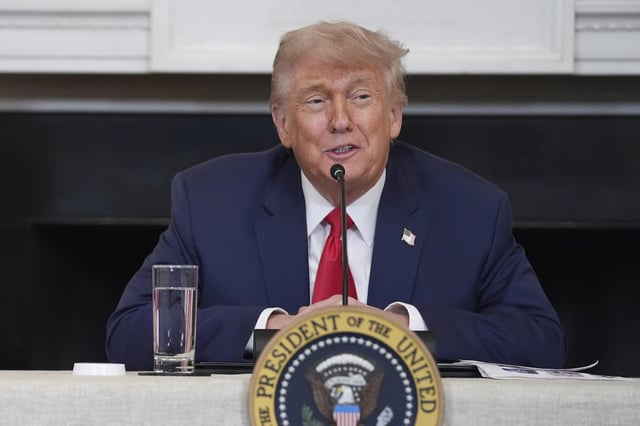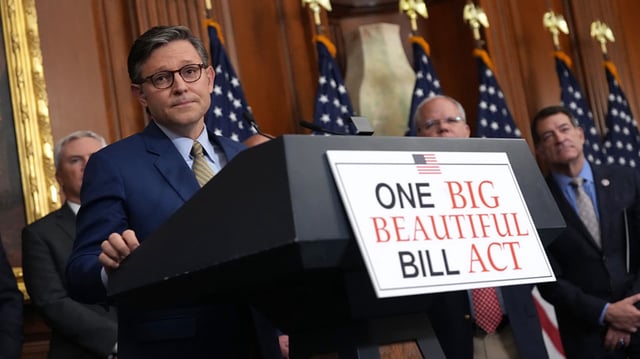Overview
- Section 899 would impose escalating retaliatory taxes on foreign entities’ U.S. equity income, starting at 5% and rising to 20% over four years.
- The Investment Company Institute warned the Senate Finance Committee that fear of the tax could prompt investors to pull billions from U.S. equities, harming both markets and the $18 trillion fund management industry.
- A Global Business Alliance study estimates the provision could shave $55 billion off U.S. GDP annually over the next decade and cost roughly 360,000 jobs in states including Florida, Pennsylvania, North Carolina and Michigan.
- Data from Apollo Global Management show foreign investors hold about $19 trillion in U.S. stocks, $7 trillion in government bonds and $5 trillion in corporate credit, underscoring the scope of potential outflows.
- Lawmakers face mounting pressure to amend Section 899 as they review the One Big Beautiful Bill Act, with supporters framing it as a tool against unfair foreign taxes and critics warning of unintended economic fallout.



